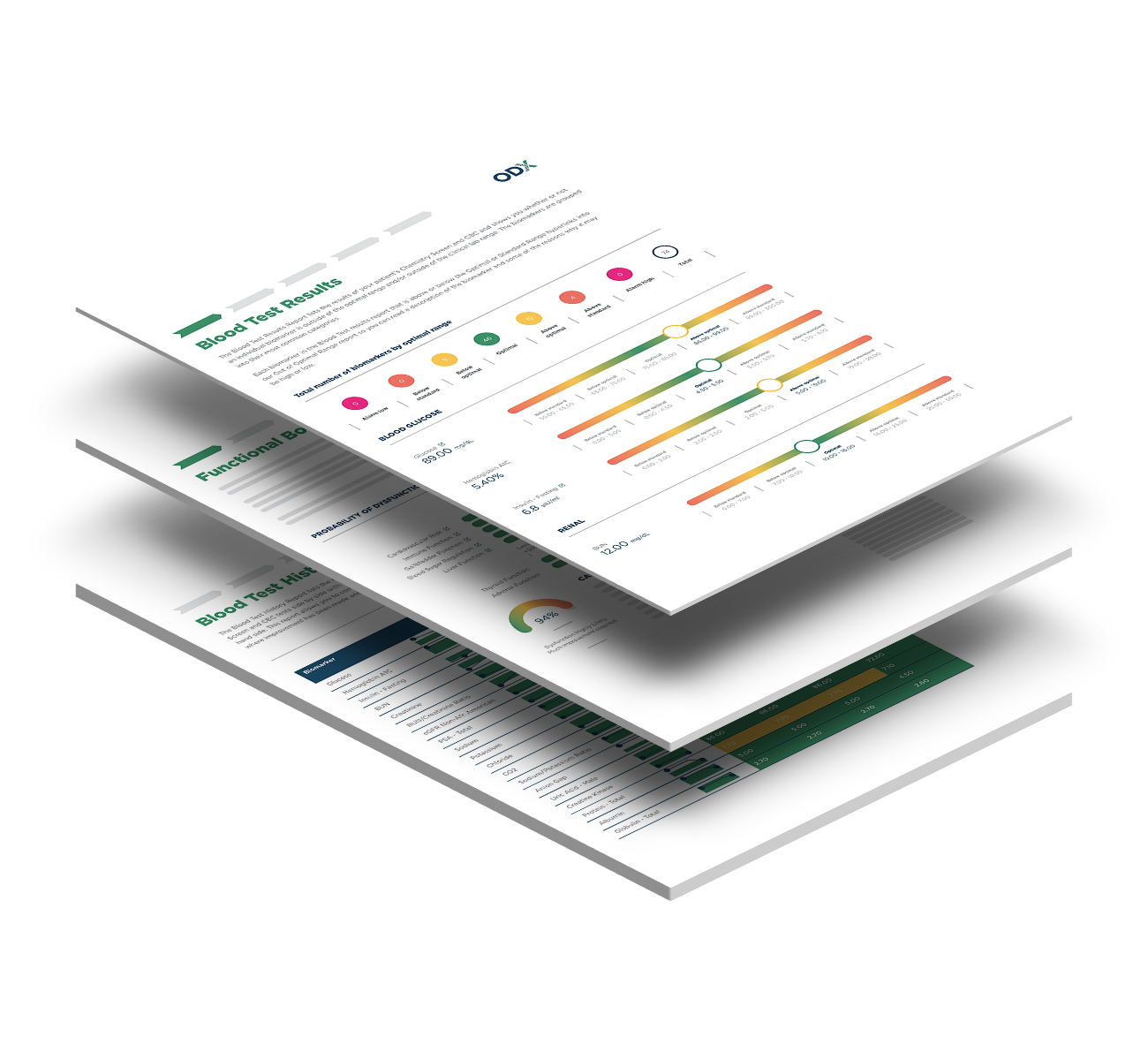Non-alcoholic fatty liver disease (NAFLD), also known as metabolic fatty liver disease (MAFLD) is a significant and complex metabolic condition that is becoming a leading cause of liver-related health issues globally. NAFLD/MAFLD encompasses a range of liver conditions from simple fat accumulation in the liver to non-alcoholic steatohepatitis (NASH), a more severe form involving liver inflammation and damage.
Individuals with NASH are at risk of rapidly progressing to advanced liver fibrosis, often within 4 to 6 years.
It is estimated that NAFLD/MAFLD affects 10% to 35% of the general population, highlighting its widespread prevalence. The disease is influenced by both lifestyle choices and genetic predispositions.
The following data was obtained from a cross-sectional study of 206 patients with NAFLD/MAFLD:
The Basic Characteristics of Patients With NAFLD
|
Variables |
NAFLD Total=206 |
|
Age (year) Mean±SD |
41.2 ± 8.3 |
|
Male( n) |
109 |
|
BMI (kg/m2) |
31 ± 1.5 |
|
Waist Circumference (cm) mean ± SD |
106 ± 10 |
|
FBS (mg/dL) mean±SD |
111.2 ± 30 |
|
Diabetes (%) |
23.1 |
|
Hypertension (%) |
26.0 |
|
Triglyceride (mg/dL) mean±SD |
215 ± 28 |
|
Total cholesterol (mg/dL) mean±SD |
207±30 |
|
Hypertriglyceridemia(>200 mg/dL), % |
44.4 |
|
Hypercholesterolemia (>200 mg/dL), % |
42.5 |
|
High-density lipoprotein, (mg/dL) mean±SD |
48 ± 30 |
|
Low-density lipoprotein, (mg/dL) mean±SD |
70± 39 |
|
Systolic blood pressure (mmHg) mean±SD |
125.2 ± 17 |
|
Diastolic blood pressure (mmHg) mean±SD |
83.8 ± 14 |
|
ALT (U/L) mean±SD |
65.0 ± 32 |
|
AST (U/L) mean±SD |
64 ± 46 |
NAFLD, nonalcoholic fatty liver disease; FBS, fasting blood sugar; ALT, alanine aminotransferase; AST, aspartate aminotransferase; HOMA-IR, homeostatic model assessment—insulin resistance
Obesity was the most frequent clinical finding and the previous studies estimated that almost 30% to 100% of the patients with NAFLD were obese.
Several studies substantiated the positive correlation of WC and BMI, with NAFLD/MAFLD and NASH.
Obesity itself is associated with metabolic syndrome, and sleep apnea and sleep disorders (as the consequence of obesity, which causes chronic fatigue) are all among the clinical presentations of NAFLD/MAFLD.
Clinical Manifestations of Patients With NAFLD
|
Variables |
NAFLD |
|
Upper abdominal pain |
77 (37.4) |
|
Morning heaviness |
144 (69.9) |
|
Sleep onset after midnight |
130 (63.1) |
|
Quality of sleep |
|
|
Very Good |
51 (24.7) |
|
Good |
90 (43.7) |
|
Not Good |
49 (23.8) |
|
Bad |
16 (7.7) |
|
Sleep duration ≤6h |
25 (12.3) |
|
Time to falling asleep (≤10min) |
66 (32.0) |
|
Sleepiness during day |
|
|
No |
81 (39.3) |
|
Less than 60 min |
78 (37.8) |
|
More than 60 min |
47 (22.8) |
|
Extra ear sound |
70 (34.0) |
|
Nausea |
28 (13.6) |
|
Headache |
90 (43.7) |
|
Decrease of appetite |
56 (27.2) |
|
Thirsty |
179 (86.89) |
|
Degrees of anxiety |
181 (87.8) |
|
Bloating |
|
|
Absent |
51 (26.2) |
|
Mild |
39 (18.9) |
|
Moderate |
64 (31.6) |
|
Severe |
41 (19.9) |
|
Disguise |
50 (24.3) |
|
Warming sensation |
130 (63.1) |
|
Palpitation |
59 (28.6 ) |
The most common symptoms were upper abdominal pain, fatigue, thirst, and anxiety.
Sleep disorders, delayed sleep, daytime sleepiness, late dinner, bloating, warming sensation, defecation disturbances, and upper abdominal pain were also common.
Reference
Khoonsari, Mahmoodreza et al. “Clinical Manifestations and Diagnosis of Nonalcoholic Fatty Liver Disease.” Iranian journal of pathology vol. 12,2 (2017): 99-105. This is an Open Access article distributed under the terms of the Creative Commons Attribution License, (http://creativecommons.org/licenses/by/3.0/)

Source: Guo, Xiangyu et al. “Non-Alcoholic Fatty Liver Disease (NAFLD) Pathogenesis and Natural Products for Prevention and Treatment.” International journal of molecular sciences vol. 23,24 15489. 7 Dec. 2022, doi:10.3390/ijms232415489 This article is an open access article distributed under the terms and conditions of the Creative Commons Attribution (CC BY) license (https://creativecommons.org/licenses/by/4.0/).
Learn more about NAFLD/MAFLD, its consequences, etc.:
ODX FYI: The NAFLD, MAFLD, MASLD Alphabet Soup







